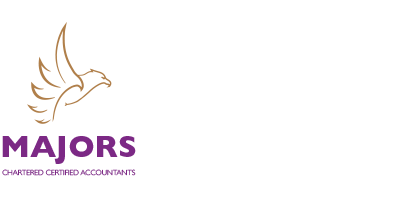Most COVID support scheme grants are treated as taxable income in the same way as other taxable receipts and need to be reported to HMRC. The grants are treated as income where the business is within the scope of either Income Tax or Corporation Tax. This means that if you received a support payment during the COVID pandemic, this may need to be reported on your tax return. This applies to the self-employed, partnerships and businesses.
The treatment extends to support measures including the following:
- the Self Employment Income Support Scheme (SEISS)
- test and trace or self-isolation payments
- the Coronavirus Job Retention Scheme (CJRS)
- Eat Out to Help Out
- Coronavirus Statutory Sick Pay Rebate
- Coronavirus Business Support Grants
HMRC’s guidance is clear that whether or not any tax is paid will depend on the business profits of the grant recipient (taking into account the grant and other business income and expenditure under normal tax rules), any other taxable income they may have and any personal or other allowances to which they are entitled.
HMRC also has the power to recover payments and charge penalties where claimants have made support grant claims that they were not entitled to. There is no requirement to report COVID welfare payments made by a council such as those to help with council tax payments and housing benefit.
Loans, such as Bounce Back Loans or those from the Coronavirus Business Interruption Loan Scheme (CBILS), are not COVID-19 support payments.

